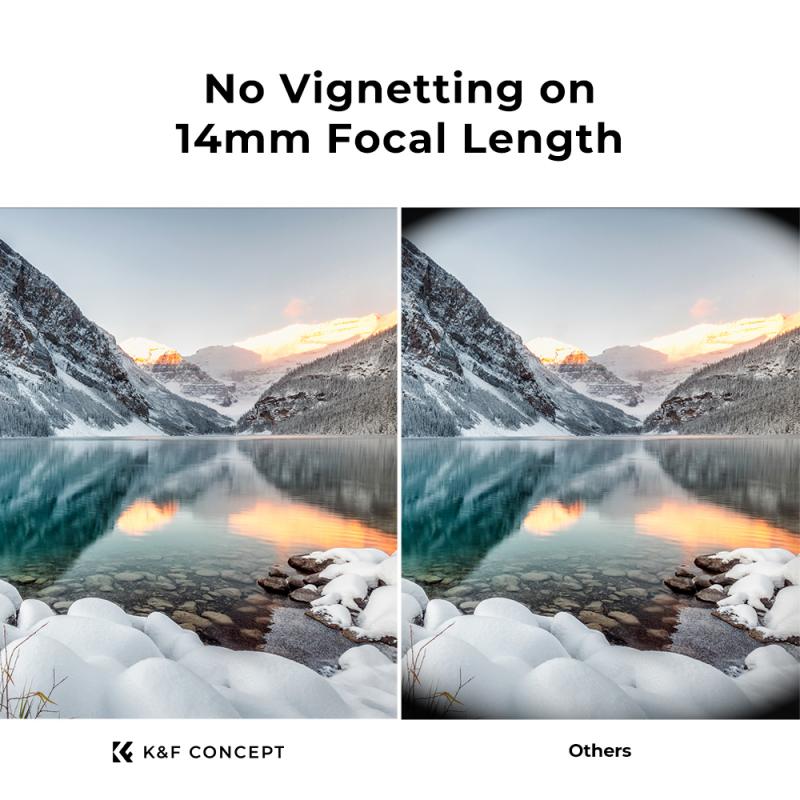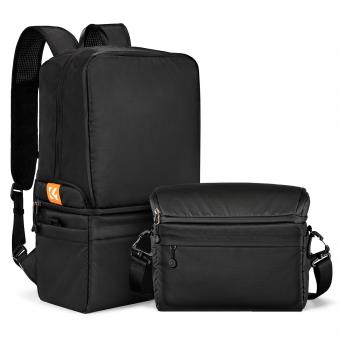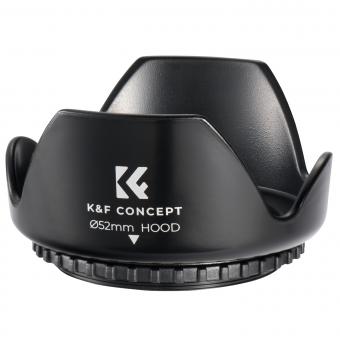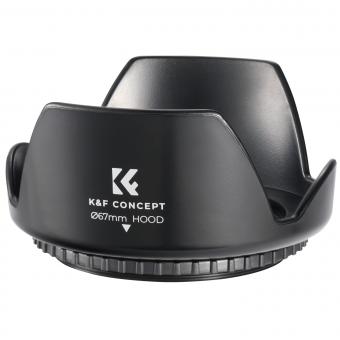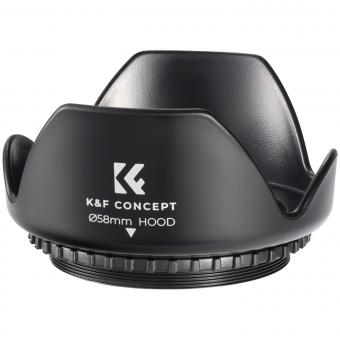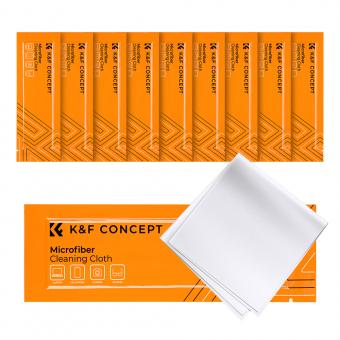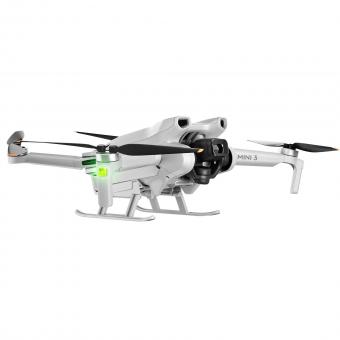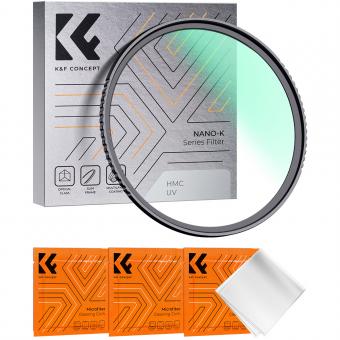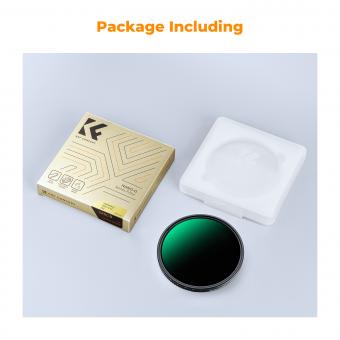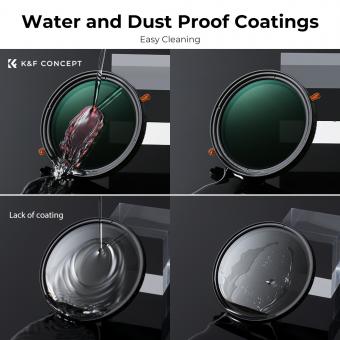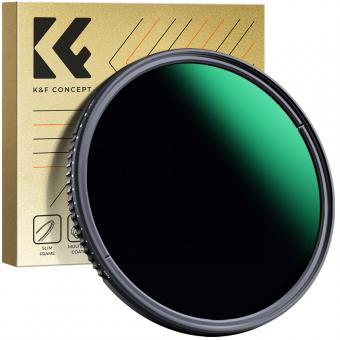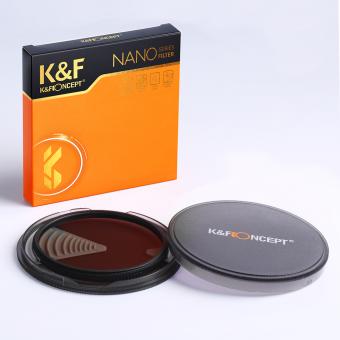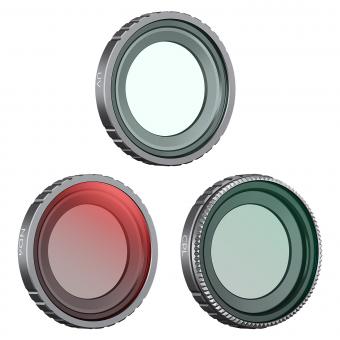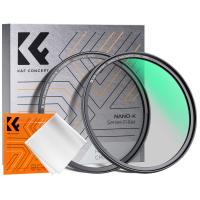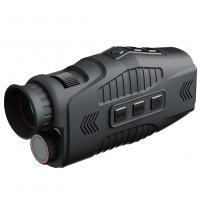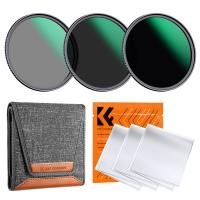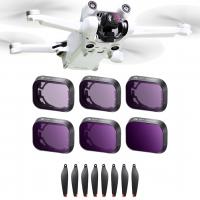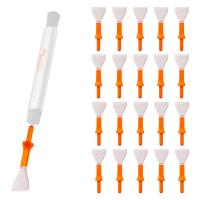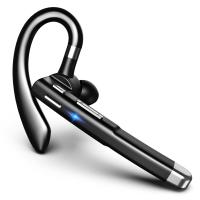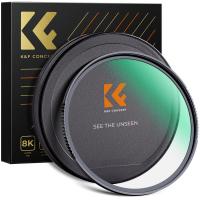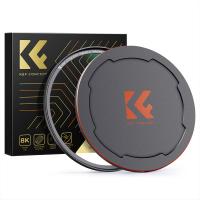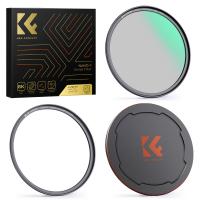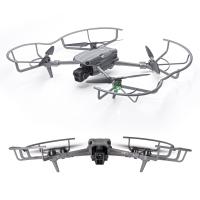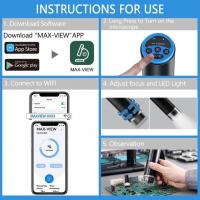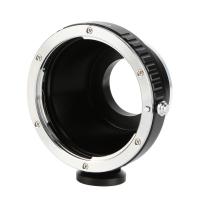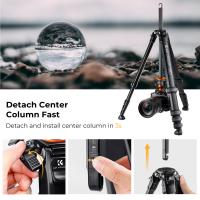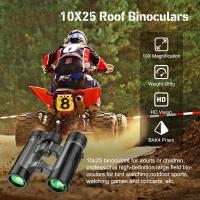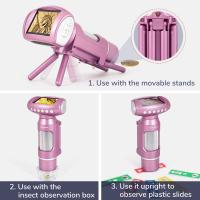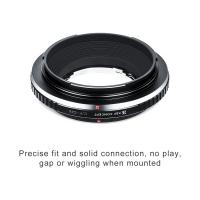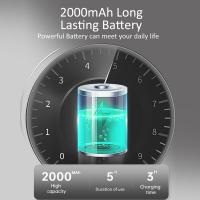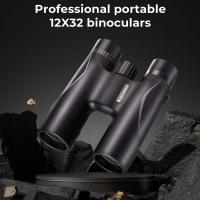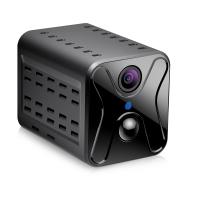When To Use Uv Filters On Camera ?
UV filters are commonly used on cameras to protect the lens from dust, scratches, and other potential damage. They are particularly useful in outdoor photography, where they can also help reduce the effects of ultraviolet light. UV filters are especially recommended when shooting in high-altitude locations or near bodies of water, as these environments tend to have more intense UV radiation. Additionally, UV filters can help improve image clarity by reducing haze and increasing contrast. However, it is important to note that UV filters may slightly affect image quality, so some photographers prefer not to use them in certain situations, such as when shooting in low-light conditions or when using wide-angle lenses. Ultimately, the decision to use a UV filter on a camera lens depends on the specific shooting conditions and the photographer's preferences.
1、 Protection against physical damage to the camera lens.
UV filters are commonly used on camera lenses for various reasons, including protection against physical damage. These filters are transparent and do not affect the image quality, making them a popular choice among photographers.
One of the primary reasons to use a UV filter is to provide an extra layer of protection for the camera lens. It acts as a barrier against scratches, dust, dirt, and other potential hazards that can cause damage to the lens. This is particularly important when shooting in challenging environments such as sandy beaches, dusty landscapes, or crowded events where accidental bumps or knocks are more likely to occur. By using a UV filter, photographers can safeguard their expensive lenses from potential physical harm.
However, it is worth noting that opinions on the necessity of UV filters for lens protection have evolved in recent years. Some photographers argue that modern lens coatings are already designed to be scratch-resistant, making the use of UV filters unnecessary. Additionally, adding an extra layer of glass in front of the lens can potentially introduce lens flare or reduce image quality, especially if a low-quality filter is used.
Ultimately, the decision to use a UV filter for lens protection depends on personal preference and shooting conditions. If you frequently find yourself in situations where your lens is at risk of physical damage, such as shooting in extreme weather conditions or in crowded environments, a UV filter can provide peace of mind. However, if you primarily shoot in controlled environments and take good care of your equipment, the use of a UV filter may not be necessary.
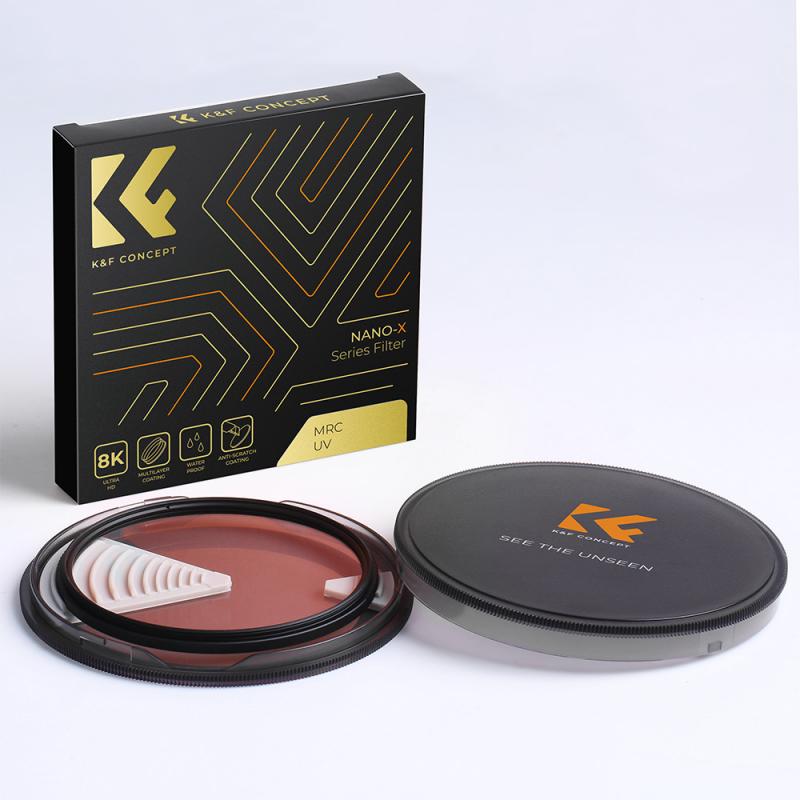
2、 Reducing ultraviolet light and haze in outdoor photography.
When to use UV filters on a camera is a question that has been debated among photographers for years. UV filters are primarily used for reducing ultraviolet light and haze in outdoor photography. They are transparent filters that are placed in front of the camera lens to block UV rays from entering the camera sensor.
One of the main reasons to use a UV filter is to protect the camera lens from scratches, dust, and moisture. It acts as a barrier between the lens and the external environment, ensuring that the lens remains in good condition. Additionally, UV filters can also help to reduce lens flare and ghosting, which can occur when shooting in bright sunlight.
Another reason to use a UV filter is to reduce the impact of ultraviolet light on image quality. Ultraviolet light can cause a bluish cast and reduce the overall sharpness of an image. By using a UV filter, photographers can minimize these effects and achieve more accurate and vibrant colors in their photographs.
However, it is important to note that the use of UV filters is a topic of debate among photographers. Some argue that modern digital cameras already have built-in UV filters, making the use of additional filters unnecessary. Others believe that UV filters can degrade image quality and introduce unwanted reflections and distortions.
In recent years, advancements in lens coatings and digital image processing have made the use of UV filters less essential. Many photographers now prefer to rely on post-processing techniques to correct any issues related to UV light and haze. However, there are still situations where using a UV filter can be beneficial, such as when shooting in high-altitude locations or near bodies of water.
Ultimately, the decision to use a UV filter on a camera depends on personal preference and the specific shooting conditions. It is important for photographers to experiment and determine whether the benefits of using a UV filter outweigh any potential drawbacks in their particular circumstances.
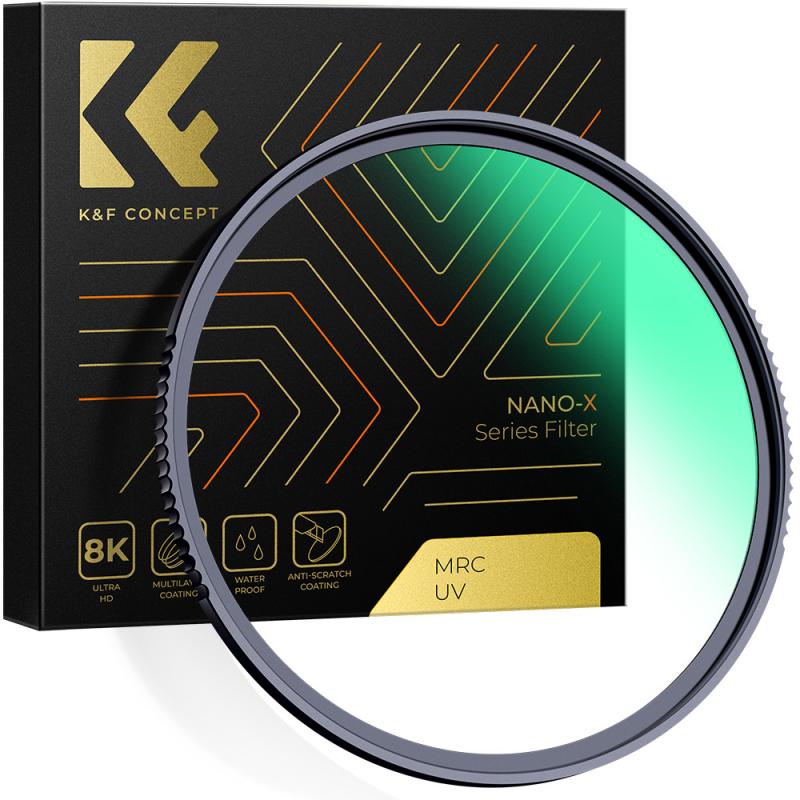
3、 Enhancing color saturation and contrast in certain conditions.
UV filters are commonly used in photography to protect the camera lens from dust, scratches, and other potential damage. However, they also have the added benefit of enhancing color saturation and contrast in certain conditions.
UV filters work by blocking ultraviolet light, which can cause a hazy or bluish cast in photographs, especially in outdoor settings. By reducing the amount of UV light that reaches the camera sensor, UV filters help to produce images with more accurate colors and improved contrast.
One of the main situations where UV filters can be particularly useful is when shooting landscapes or outdoor scenes with a lot of atmospheric haze. In these conditions, the UV filter can help to cut through the haze and make the colors appear more vibrant and the details more defined. This is especially true in high-altitude or coastal areas where the UV light is more intense.
It is important to note, however, that the effectiveness of UV filters in enhancing color saturation and contrast may vary depending on the camera and lens combination, as well as the specific lighting conditions. Some photographers argue that the impact of UV filters on image quality is minimal, especially with modern digital cameras that have built-in UV filters in their sensors.
In recent years, there has been a debate among photographers about the necessity of UV filters. Some argue that the use of UV filters can introduce additional lens flare or reduce image sharpness, while others believe that the benefits outweigh these potential drawbacks.
Ultimately, the decision to use a UV filter on a camera lens should be based on personal preference and the specific shooting conditions. If you frequently shoot in outdoor settings with a lot of atmospheric haze, using a UV filter can help to enhance color saturation and contrast in your photographs. However, if you primarily shoot in controlled lighting conditions or use high-quality lenses with built-in UV protection, the use of a UV filter may not be necessary.
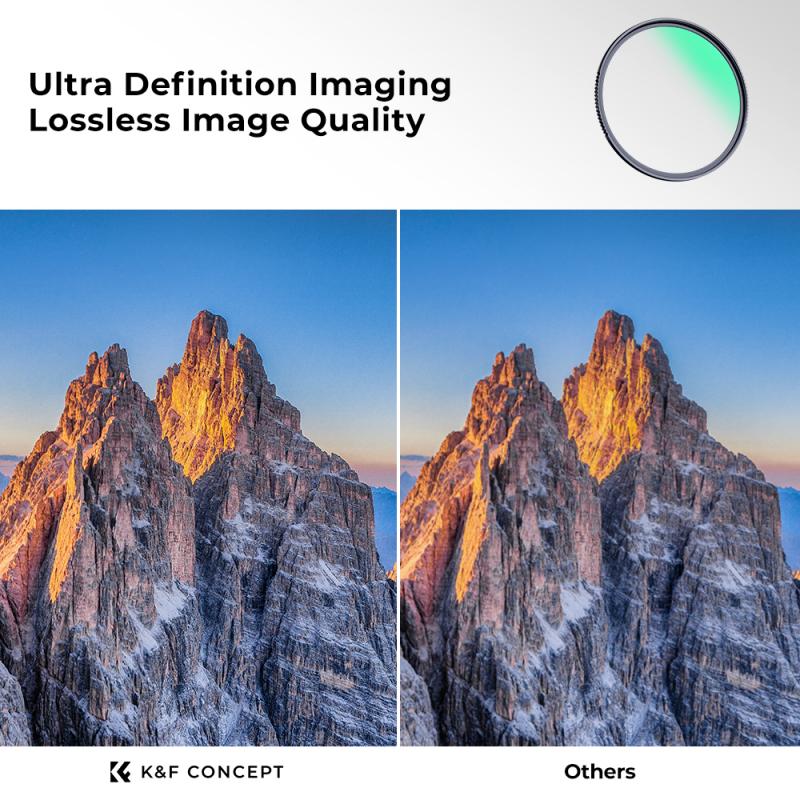
4、 Minimizing lens flare and ghosting in backlit situations.
When to use UV filters on a camera? One of the main reasons is to minimize lens flare and ghosting in backlit situations. Lens flare occurs when bright light enters the lens and scatters within it, resulting in unwanted artifacts such as streaks, circles, or haze in the image. Ghosting, on the other hand, refers to the appearance of faint, semi-transparent duplicates of bright light sources in the image.
UV filters can help reduce these issues by blocking ultraviolet light, which is known to contribute to lens flare and ghosting. By adding a UV filter to the front of the lens, photographers can create a physical barrier that reduces the amount of stray light entering the lens and bouncing around, thus minimizing the chances of lens flare and ghosting occurring.
However, it is important to note that the use of UV filters is a topic of debate among photographers. Some argue that modern lens coatings are already effective in reducing lens flare and ghosting, making UV filters unnecessary and potentially degrading image quality. Others believe that UV filters provide an extra layer of protection for the lens, shielding it from dust, moisture, and scratches.
Ultimately, the decision to use a UV filter should be based on personal preference and the specific shooting conditions. If shooting in backlit situations where lens flare and ghosting are likely to occur, using a high-quality UV filter can be beneficial. However, in other situations, it may be more appropriate to rely on lens coatings and take precautions to minimize lens flare and ghosting, such as using lens hoods or adjusting the shooting angle.
